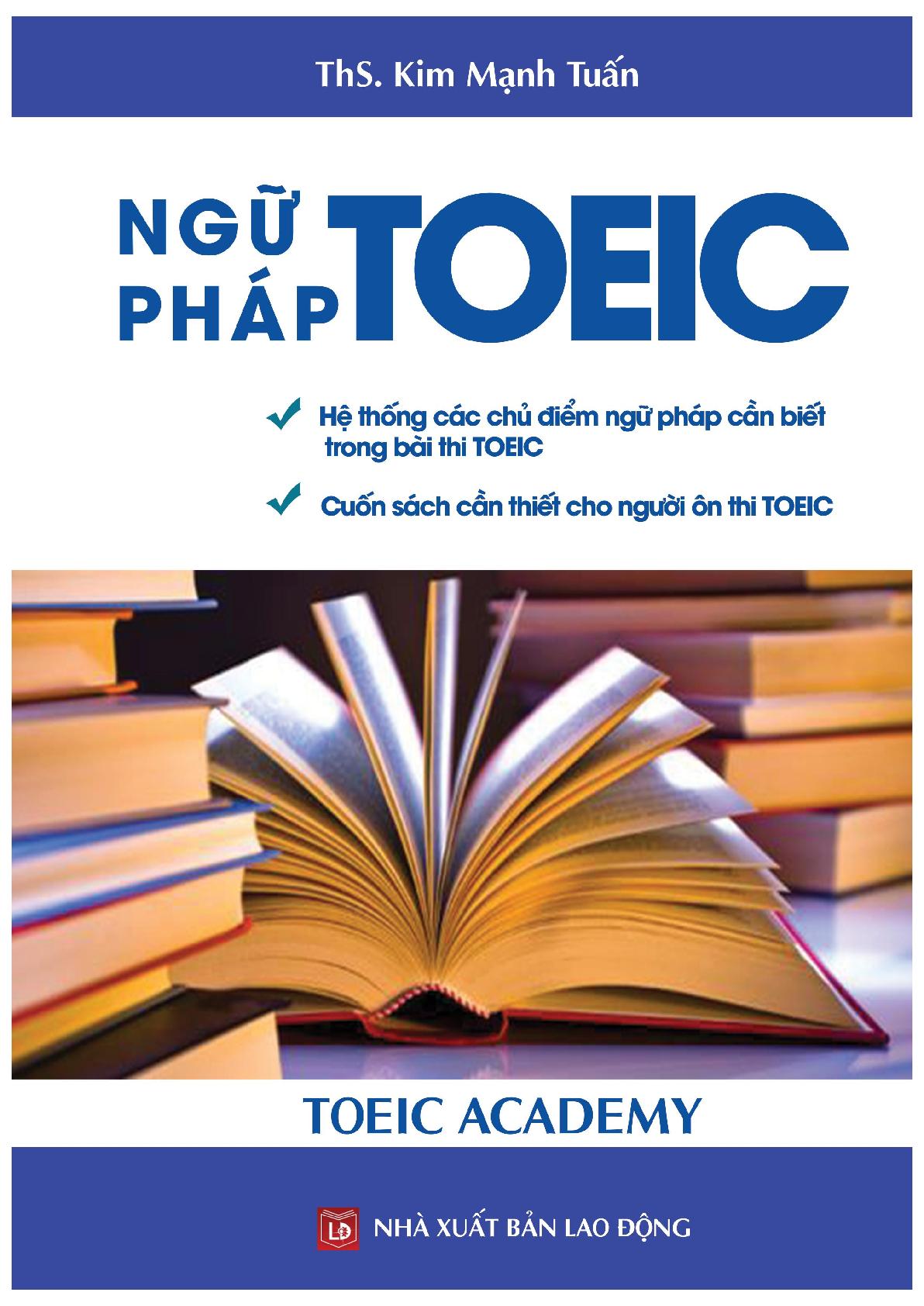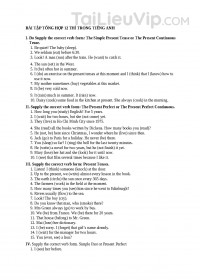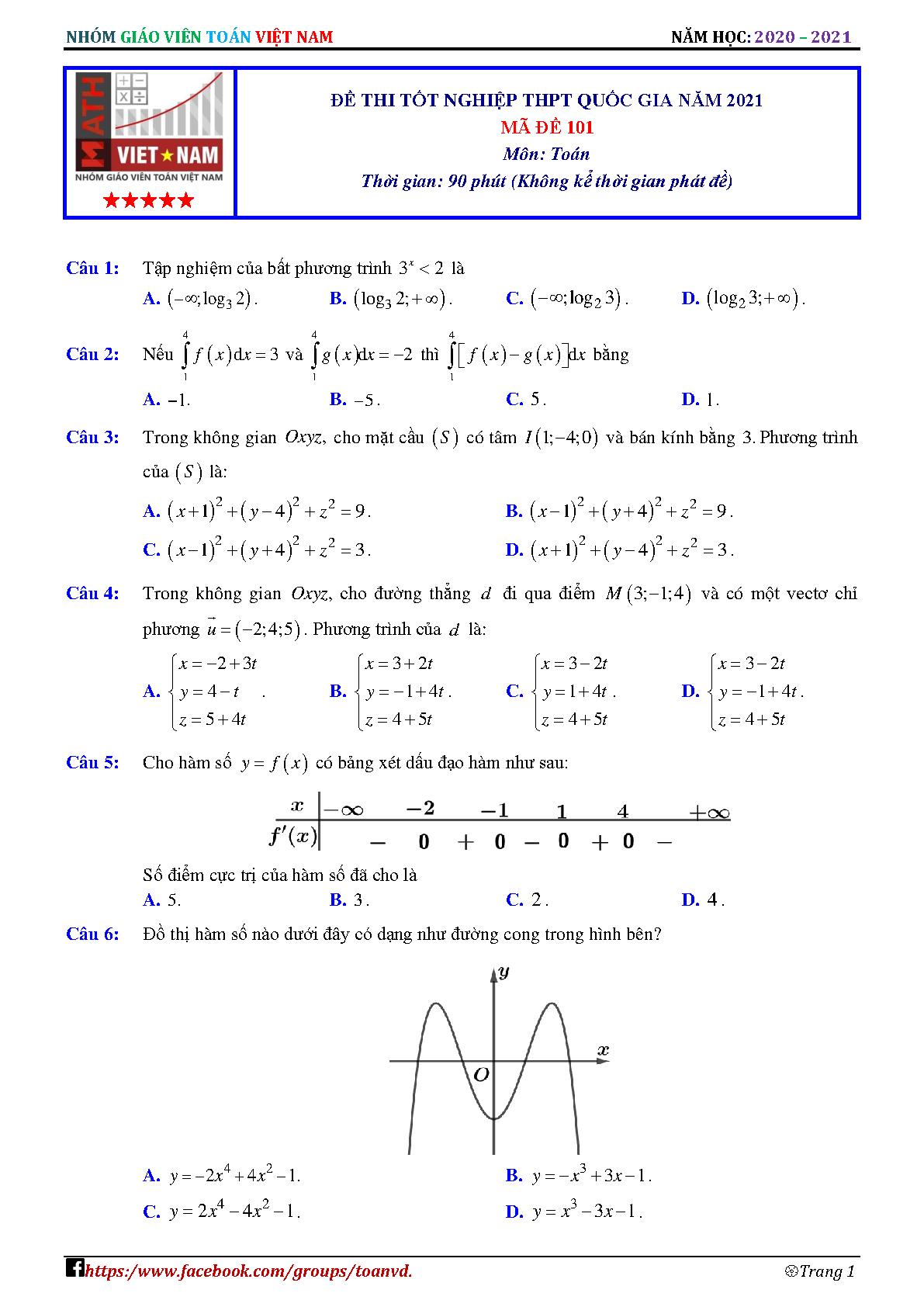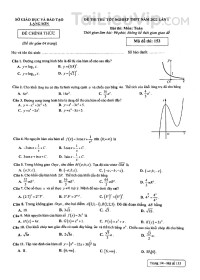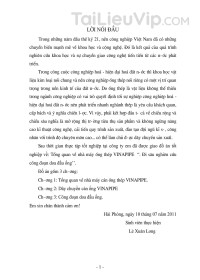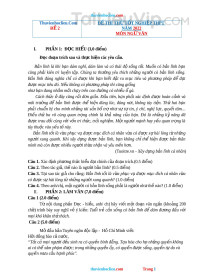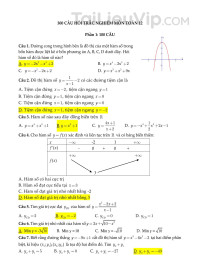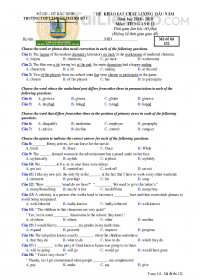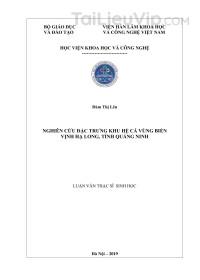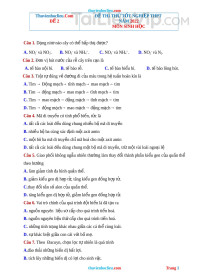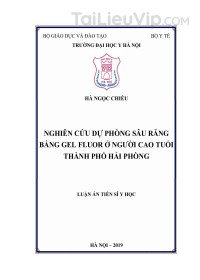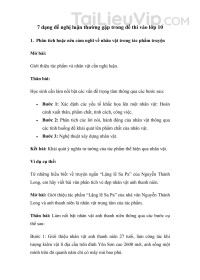Câu Chủ Động- Bị Động ( Active Voice - Passive Voice) Từ Cơ Bản đến Nâng Cao + Bài tập Vận Dụng
1,399 37

Tải về máy để xem đầy đủ hơn, bản xem trước là bản PDF
Tags: #Câu Chủ Động- Bị Động#Active Voice - Passive Voice#bài tập câu chủ động bị động#câu bị động
Mô tả chi tiết
QUAN SÁT:
-Câu chủ động (Active sentences): Mr. Smith teaches English.
-Câu bị động (Passive sentences): English is taught by Mr. Smith.
QUY TẮC:
Muốn chuyển một câu chủ động sang câu bị động, ta thực hiện các buớc sau:
-Câu chủ động (Active sentences): Mr. Smith teaches English.
-Câu bị động (Passive sentences): English is taught by Mr. Smith.
QUY TẮC:
Muốn chuyển một câu chủ động sang câu bị động, ta thực hiện các buớc sau:

Nội dung
BE + PAST PARTICIPLEAM, IS, ARE+ PAST PARTICIPLEWAS, WEREAM, IS, ARE+ BEING + PAST PARTICIPLEWAS, WERE THE PASSIVE AND ACTIVE SENTENCES (CÂU CHỦ ĐỘNG CÂU BỊ ĐỘNG)QUAN SÁT:- Câu chủ động (Active sentences): Mr. Smith teaches English.- Câu bị động (Passive sentences): English is taught by Mr. Smith.QUY TẮC:Muốn chuyển một câu chủ động sang câu bị động, ta thực hiện các buớc sau: A: S VA OP: S VP by + agent1.Tân ngữ chủ động => chủ ngữ bị độngLấy tân ngữ của câu chủ động làm chủ ngữ của câu bị động.Ex: My father built the house . The house was built by my father.- Nếu động từ chủ động có hai tân ngữ thì một trong hai tân ngữ có thể dùng làm chủ ngữ trong câu bị động. Tuy nhiên tân ngữ về người được sử dụng nhiều hơn.Ex : I’m writing her a letter . She is being written a letter. A letter is being written to her.2. Động từ bị động- Nếu động từ chủ động ở thì simple present hoặc simple past thì động từ trong câu bị động sẽ là:Ex : John delivers the newspapers every morning. The newspapers are delivered by John every morning. My mother wrote that letter. That letter was written by my mother.- Nếu động từ chủ động ở thì present continuous hoặc past continuous thì động từ trong câu bị động sẽlà:HAVE, HAS+ BEEN + PAST PARTICIPLEHADCAN, MAY,... + BE + PAST PARTICIPLE Ex : He is asking me a lot of questions. I am being asked a lot of questions. She was doing her homework at that time. Her homework was being done at that time.- Nếu động từ chủ động ở thì present perfect hoặc past perfect thì động từ trong câu bị động sẽ là:Ex : My mother has made that cake. That cake has been made by my mother. They had prepared adinner before we came. A dinner had been prepared before we came.- Nếu động từ chủ động dùng với các động từ như can, may, must, will, shall, have to, used to, ... thìđộng từ trong câu sẽ là:Ex : My friend can answer this question. This question can be answered by my friend. The manager should sign these contracts today. These contracts should be signed by the manager today.3.Chủ ngữ chủ động => BY + tân ngữ bị độngEx : My mother made this cake. This cake was made by my mother .- Me, you, him, them, people, someone, ... thường được bỏ trong câu bị động nếu không muốn nêu rõ tác nhân.Ex : Someone has sent me the flowers. I have been sent the flowers.- Nếu tân ngữ trong câu bị động chỉ sự vật, sự việc thì ta dùng giới từ with thay by trước tân ngữ ấy.Ex : Smoke filled the room. The room was filled with smoke.4. Vị trí của trạng từ hoặc trạng ngữ trong câu bị động.- Trạng từ/ trạng ngữ chỉ nơi chốn đứng trước by + tân ngữ bị động.Active : Subject + HAVE + object (person) + bare-infinitive + objectPassive : Subject + HAVE + object (thing) + past participle (+ by + object (person))Active : Subject + GET + object (person) + to infinitive + object (thing)Passive : Subject + GET + object (thing) + past participle (+ by + obj. (person))Active : Subject + verb + object + bare infinitive/ V-ing + ... Passive : Subject + be + past participle + to infinitive/ V-ing +...Active :Passive: Subject + verb + (that) + clause (S2 + V2 + O2...)It + be + verb (past participle)S2 + be + verb (past participle) + (that) + clause+ to infinitive...+ to have + past participleEx : The police found him in the forest . He was found in the forest by the police.- Trạng từ/ trạng ngữ chỉ thời gian đứng sau by + tân ngữ bị động . Ex : My parents are going to buy a car tomorrow . A car is going to be bought by my parents tomorrow .- Trạng từ chỉ thể cách (adverbs of manner) thường đứng giữa be và quá khứ phân từ.Ex : The scientists have studied the problem carefully .The problem has been carefully studied by the scientists.■ Một số dạng câu bị động:1. Thể sai khiến (Causative form): HAVE, GETEx : I had him repair my bicycle yesterday. I had my bicycle repaired yesterday.Ex : I get her to make some coffee . I get some coffee made .2. Động từ chỉ giác quan (Verbs of perception): see, watch, hear, look, taste, …Ex : They saw her come in. She was seen to come in.They saw the lorry running down the hill. The lorry was seen running down the hill.3. Động từ chỉ ý kiến (Verbs of opinion): say, think, believe, report, rumour, …Active : Verb + object + adjunct.Passive : Let + object + be + past participle + adjunct. Ex : People say that he is a famous doctor. It is said that he is a famous doctor. He is said to be a famous doctor.Ex : They thought that Mary had gone away. It was thought that Mary had gone away. Mary was thought to have gone away.4. Câu mệnh lệnh (Imperative sentences)Ex : Write your name here. Let your name be written here.Ex : He let me go out. I was let/ allowed to go out.EXERCISESI. Put the following into the passive voice.1. They can’t make tea with cold water.2. The chief engineer was instructing all the workers of the plant.3. Somebody has taken some of my books away.4. They will hold the meeting before May Day.5. They have to repair the engine of the car.6. The boys broke the window and took away some pictures.7. People spend a lot of money on advertising every day.8. They may use this room for the classroom.9. The teacher is going to tell a story.10. Mary is cutting the cake with a sharp knife.11. The children looked at the women with a red hat.12. They have provided the victims with food and clothing.13. People speak English in almost every corner of the world.14. You mustn’t use this machine after 5:30 p.m.15. Luckily for me, they didn’t call my name.Active : (Subject) + let + sb + do + sthPassive : Subject + be + let/ allowed + to-infinitive16. After class, one of the students always erases the chalk board.17. You must clean the wall before you paint it.18. They told the new pupil where to sit.19. I knew that they had told him of the meeting.20. Nobody has ever treated me with such kindness.21. No one believes his story.22. A sudden increase in water pressure may break the dam.23. We must take good care of books borrowed from the library.24. A man I know told me about it.25. We can never find him at home for he is always on the move.26. They use milk for making butter and cheese.27. Science and Technology have completely changed human life.28. John used to visit My Cole at weekends.29. Weeds cover the river bank.30. Smoke filled the room.II. Turn the following sentences into the active voice.1. These exercises were done well.2. This dress must be washed in cold water.3. No mistakes have been made in his composition.4. His painting will be exhibited for the first time by New Arts gallery.5. This house was built 100 years ago.6. These artificial flowers are made of silk.7. The lessons are being written by the students now.8. This job has to be done at once.9. These animals at the zoo are fed twice a day.10. The operation is going to be performed by French doctors.11. All the arrangements have been made.12. When was this radio manufactured?13. They couldn’t be found anywhere.14. Is mathematics taught in this school?15. Fortunately the machinery wasn’t damaged by the accident.16. Please wait here while your luggage is being examined.17. How are candles made?18. For a long time the earth was believed to be flat.19. Were you taught how to apply this theory by your teacher?20. Apples are said to be good for our health.21. Don’t let the dog be teased by the children.22. It is believed that red is the symbol of luck.23. What have been done to help the poor in this city?24. The jewelry must have been stolen while she was out.25. Where did the treasure use to be hidden by pirates in the old time?III. Put the following into the passive voice.1. Yes - No questions:1. Do they teach English here?2. Will you invite her to your wedding party?3. Did the teacher give some exercises?4. Is she going to write a poem?5. Have they changed the window of the laboratory?6. Is she making big cakes for the party?7. Has Tom finished the work?8. Are the police making inquires about the thief?9. Must we finish the test before ten?10. Will buses bring the children home?2. Wh- questions:11. Why didn’t they help him?12. How many games has the team played?13. Where do people speak English?14. Who are they keeping in the kitchen?15. How can they open this safe?16. What books are people reading this year?17. How did the police find the lost man?18. Who looked after the children for you?19. How long have they waited for the doctor?20. What time can the boys hand in their papers?
- Xem thêm -


